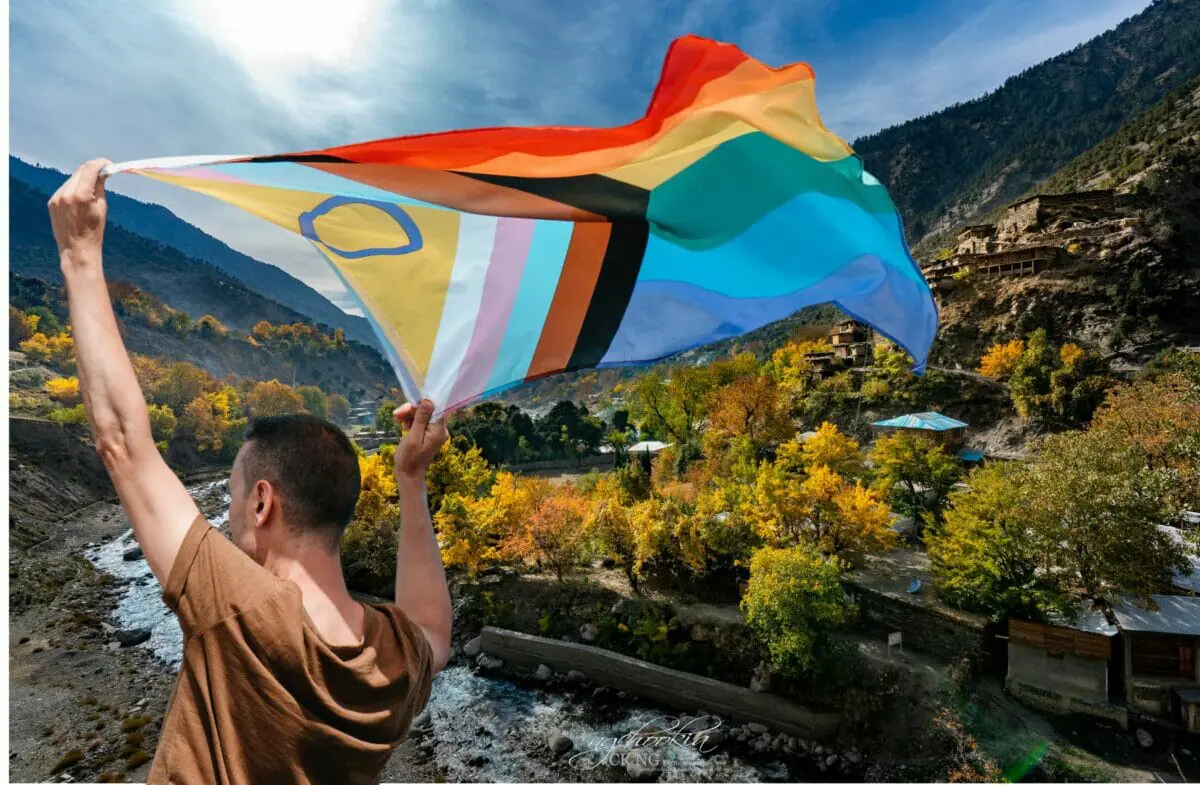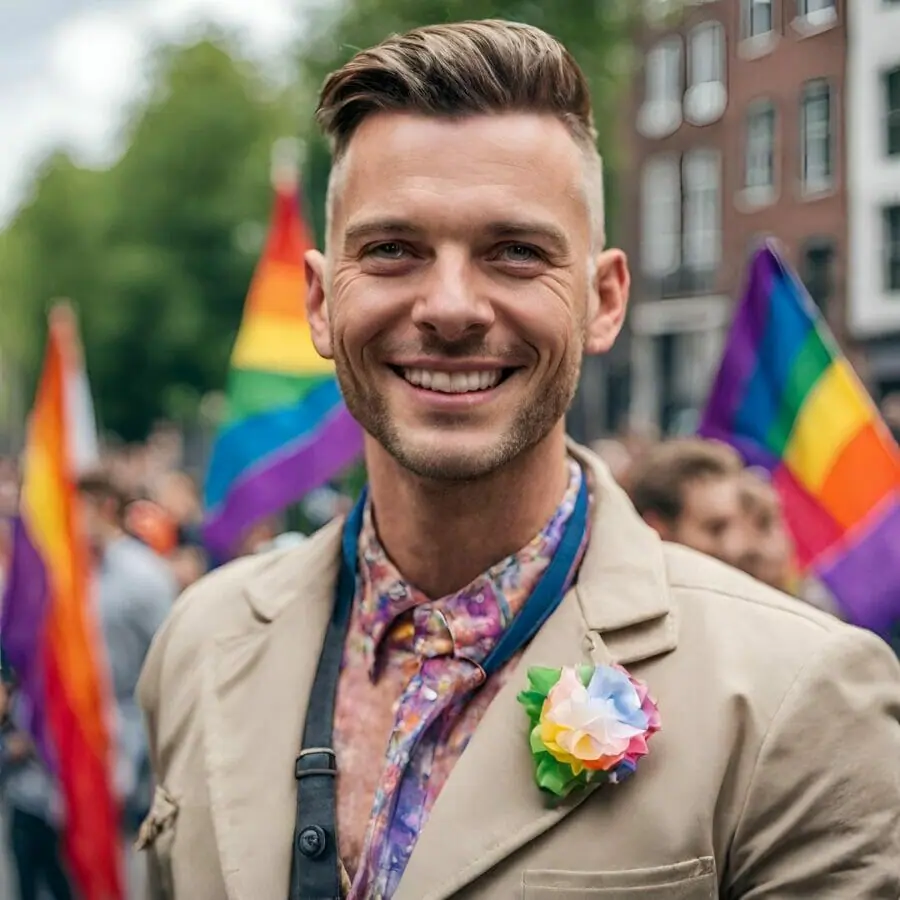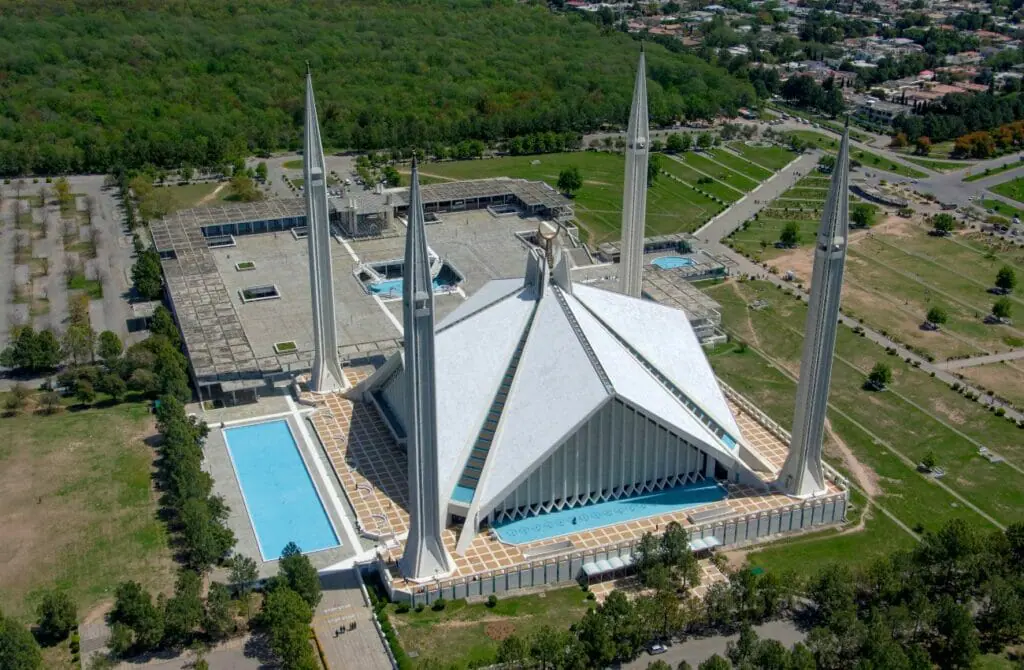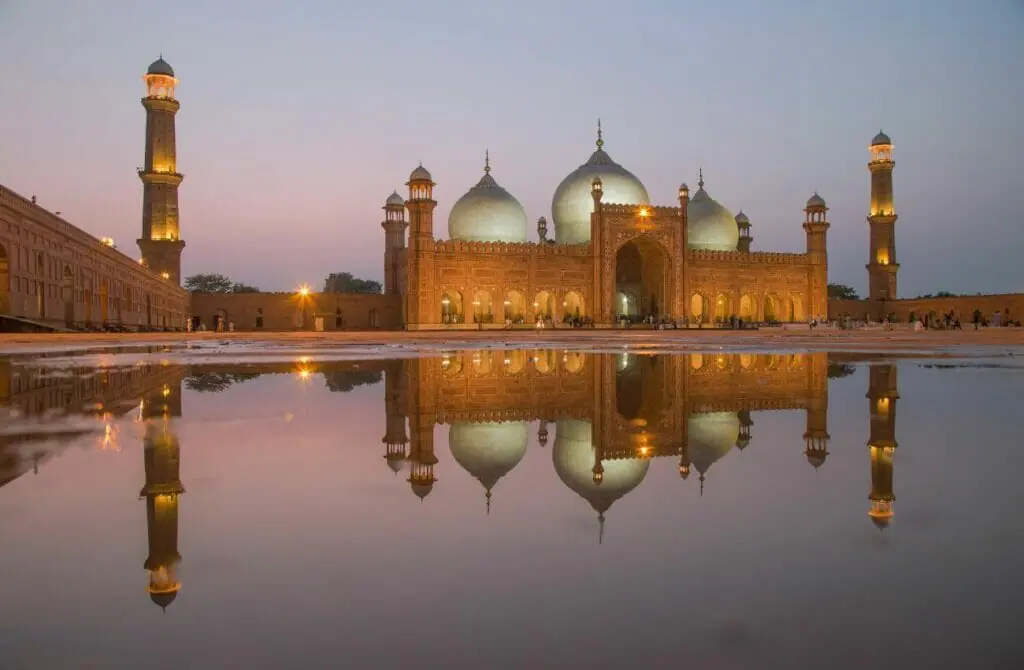Welcome to the tapestry that is “Gay Pakistan”, a guide that intertwines the wonders and challenges awaiting LGBTQ+ travelers in this multifaceted South Asian destination. Pakistan, as an ancient land with rich traditions, indescribable landscapes, architectural marvels, and mouth-watering cuisine, offers an allure that beckons to the world traveler.
Yet, the dazzling dance of lights at Lahore‘s Badshahi Mosque or the serenity of the Hunza Valley doesn’t quite extend its warmth to the public acknowledgment of queer identities.
Pakistan’s political landscape, influenced heavily by its religious ethos, casts a looming shadow on its LGBTQ+ community. Homosexual acts remain criminalized under the Pakistan Penal Code, and while the enforcement of these laws varies, the mere existence of such statutes can, and often does, lead to discrimination, social ostracization, and even violence.
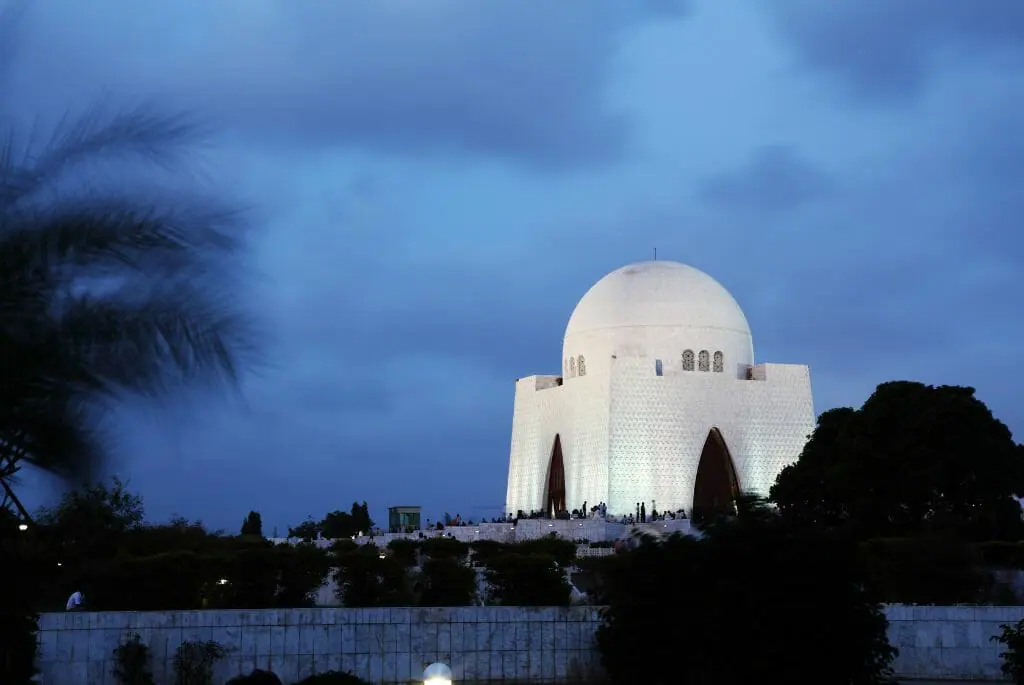
Gay Pakistan is thus a covert realm, where secret parties light up the nights in big cities and tight-knit communities offer solace in silence. The resilience and strength of Pakistan’s queer community are inspiring and a testament to human spirit and solidarity.
But, dear wanderer, it’s imperative to tread with caution. While we staunchly believe that being queer should never stifle the spirit of exploration – for travel ignites cultural exchange, spreads pride, and fosters understanding – Gay Pakistan is undeniably layered in its intricacies and potential hazards.
If you’re hesitant about concealing facets of your identity or modifying behaviors, this might not be the journey for you. It’s crucial to approach with eyes wide open, absorbing the beauty Pakistan offers while also navigating the cloaked paths of Gay Pakistan with discretion and respect.
Remember, every destination offers a lesson, a story, a memory. Pakistan, for all its complexities, is no exception. Embrace the experience, but let safety guide your steps in the enchanting yet intricate dance that is Gay Pakistan.
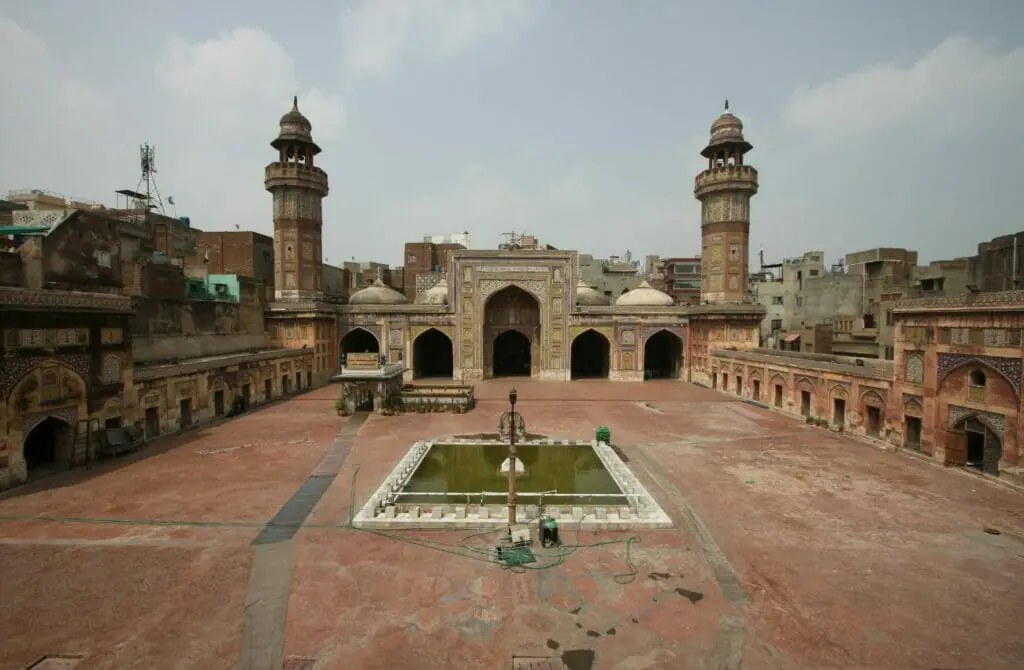

History Of LGBT Rights In Pakistan
The history of LGBT rights in Pakistan is a complex narrative. The Pakistani Penal Code of 1860, developed under the British Raj, criminalizes sodomy, with penalties ranging from two years to life imprisonment and fines. In the 1980s, punishments for homosexuality increased under President General Muhammad Zia-ul-Haq, with the inclusion of Sharia Law in the Penal Code, leading to life imprisonment or even death by stoning.
It is important to understand how LGBT rights in Pakistan impact both local and tourist communities. While homosexual acts remain illegal, they are only sporadically prosecuted by authorities. However, caution should be exercised by both locals and tourists in Pakistan.
In 2018, Pakistan saw a landmark victory in transgender rights with the Transgender Persons (Protection of Rights) Act, which provides fundamental rights to transgender citizens. Despite such advancements, it is necessary for visitors to remain vigilant and be aware of the potential risks associated with their sexual orientation or gender identity within Pakistan.
Precautionary measures for travelers may include refraining from public displays of affection and avoiding discussions about one’s personal life with people they don’t know well. Tourists should also stay alert to their surroundings and keep up to date with the latest information, as situations can change rapidly, and information can become outdated.
It is also crucial for visitors to connect with local LGBT organizations while in Pakistan, as they will have the most accurate information about the situation on the ground and can provide advice on how best to navigate the landscape. Remember that each country has its share of individuals who may not have your best interests at heart, so remaining vigilant is key.
In conclusion, while Pakistan’s stance on LGBT rights may be shifting, it is crucial for travelers to stay informed, prioritize their safety, and engage with local organizations to ensure a safe and enjoyable experience in the country.
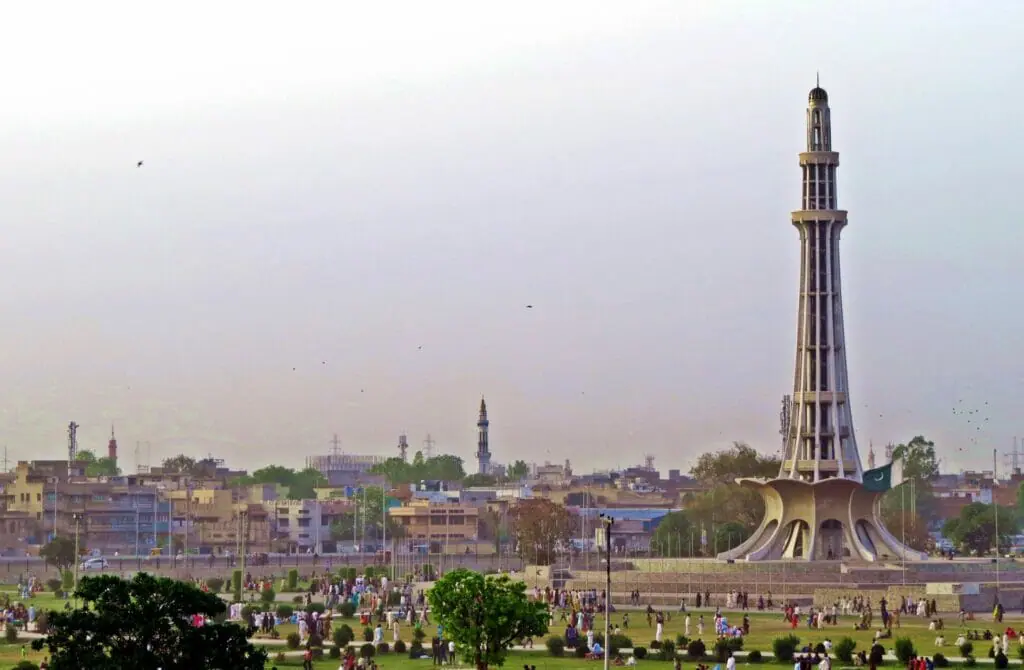
The LGBT Current Situation In Pakistan
Pakistan is a predominantly conservative country with a complicated stance on LGBT rights. Local LGBT individuals continue to face challenges due to a mix of British law and Islamic law present in the country’s Penal Code. Same-sex sexual activity has remained criminalized since 1860, significantly impacting the lives of LGBT locals.
For tourists, it’s vital to understand that the situation might be different. While Pakistan has made some strides regarding trans rights, the general acceptance for the broader LGBT community is low. As a traveler, you may experience fewer direct legal challenges, but it’s essential to exercise caution by being discreet about your identity and relationships to avoid unwanted attention or potential consequences.
To ensure your safety and protect yourself, it’s crucial to connect with local LGBT-affiliated organizations, research current laws and stay updated on any recent changes or incidents. As an LGBT activist, I strongly encourage you to familiarize yourself with culturally appropriate behaviors and attire while in Pakistan. Maintaining a low profile, particularly in regard to public displays of affection, will help minimize potential risks.
It’s also important to remember that circumstances can change quickly, and information may be outdated. Always seek current advice before traveling and be prepared for unexpected challenges. Pakistan is a diverse country, with different levels of tolerance in different regions, cities, and communities. Consequently, your experience may vary depending on where you go.
In conclusion, remain aware of the complex and evolving situation for LGBT rights in Pakistan. Local LGBT people face significantly more challenges than tourists, but it’s still vital for travelers to exercise caution. By staying informed and vigilant, you can navigate the country with the necessary knowledge and safety measures in place.
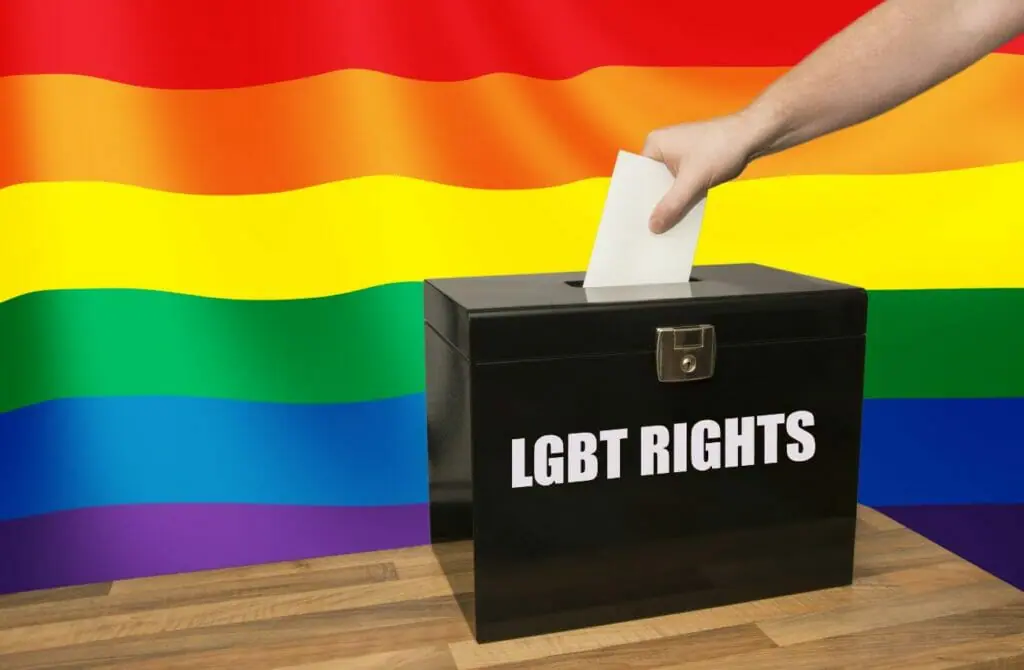

The Future For The Queer Community In Pakistan
As an LGBT traveler in Pakistan, it is crucial to discuss the future of LGBT rights in Pakistan and how they affect local people versus tourists. While Pakistan has made some progress in addressing transgender rights, such as enacting a law prohibiting discrimination against transgender people in schools in recent years, the overall situation for the broader LGBT community remains concerning.
For local people, progress towards LGBT rights has been slow and fraught with challenges. In 2018, the Transgender Persons (Protection of Rights) Act was enacted, but core sections were struck down by the Federal Shariat Court in May 2021.
This has dealt a significant blow to the rights of transgender individuals that are part of the broader queer community in Pakistan. Despite some improvements in legislation, cultural and social attitudes towards gender and sexuality still adhere to a dichotomous interpretation, and institutional discrimination persists in many sectors.
Tourists visiting Pakistan should be aware of the limited legal protections for the LGBT community. While high-profile cases of discrimination or violence may not be as frequent as they are for local individuals, it is crucial for visitors to err on the side of caution and remain vigilant when navigating their travel experiences.
If you are an LGBT traveler visiting Pakistan, it is critical to take steps to protect yourself. Dress conservatively, avoid public displays of affection, and be discreet about discussing your sexual orientation or gender identity, especially in public settings. When traveling within the country, maintain a low profile and avoid attracting unnecessary attention to your personal life.
Please note that situations can change quickly, and information may become outdated. Always seek current advice before traveling and use discretion in your interactions.
While painting an accurate picture of present realities is paramount, it is essential to acknowledge that attitudes and legal protections can evolve over time. Remain vigilant, stay informed, and stay safe as you explore Pakistan’s vibrant culture and history.
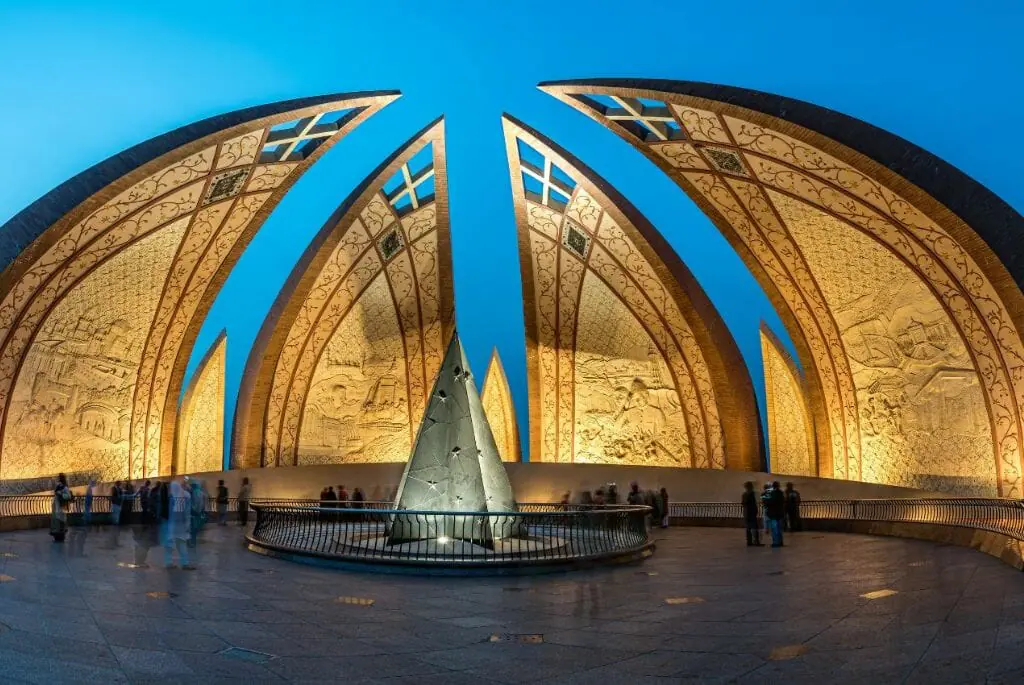
Protect Yourself While Travelling In Gay Pakistan
As a traveler visiting Pakistan, it is essential to stay informed about the local LGBT rights situation and take necessary precautions to protect yourself. While Pakistan has progressed in recent years, such as with the passage of the Transgender Persons (Protection of Rights) Act in May, the situation for LGBT individuals can still be challenging.
For local Pakistanis, the challenges are more significant, as they face potential discrimination and criminalization of same-sex relations under the inherited British colonial law Penal Code section in force since 1 January 1862. In contrast, tourists may not face the same level of scrutiny or potential legal consequences.
To ensure your safety and well-being while in Pakistan, consider the following steps:
- Stay informed: Keep yourself updated on the current situation regarding LGBT rights in Pakistan. Monitor news and developments before and during your trip, as situations can change rapidly. Information can sometimes be outdated, so seek advice from reliable sources before traveling.
- Be discreet: Exercise discretion and avoid public displays of affection, particularly with people of the same sex. The level of acceptance and tolerance differs across various regions, with urban areas likely being more open-minded than rural communities.
- Connect with local LGBT organizations: Engage with local LGBT community members and activists who can provide firsthand information on the current state of affairs, as well as recommendations for safe spaces and resources.
- Remain vigilant: As with any country, there are always bad actors and individuals who may intend harm. Be cautious, trust your instincts, and stay alert during your time in Pakistan.
Always remember that situations can change, and it is essential to remain aware and cautious while traveling. By following these guidelines and staying informed about the local context for LGBT rights in Pakistan, you can enjoy a safe and enriching journey.
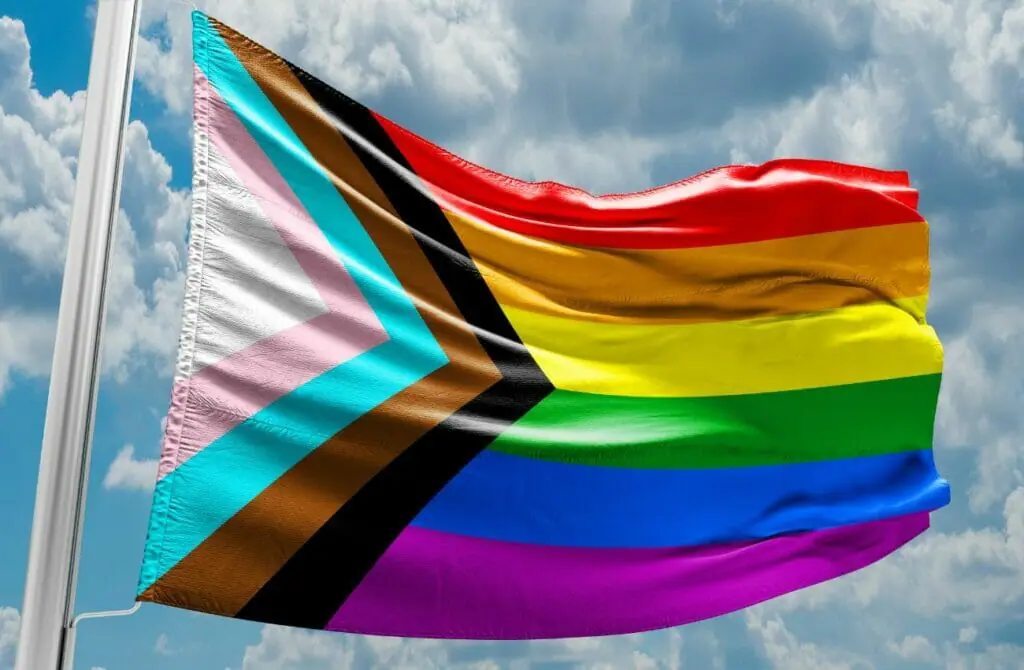

Most Popular Gay Destinations In Pakistan
Embarking on a journey through Pakistan is to traverse a land of profound beauty, captivating tales, and untapped treasures. This guide presents to you the most sought-after travel spots in the country, with cities laid out in an alphabetical ode, ensuring every destination gets its moment in the spotlight without hierarchy.
From the architectural wonders of Lahore to the rugged beauty of Skardu, each locale offers a unique experience. While these are heralded as the best gay destinations in Pakistan, they beckon not just for their popularity within the queer community but for their universal allure and charm.
However, dear globetrotter, while Gay Pakistan has its sanctuaries and hush-hush spots of solace, it’s crucial to remember that popularity among the LGBTQ+ doesn’t necessarily equate to acceptance. Just because certain cities resonate with queer travelers, they remain entrenched in a society that doesn’t publicly embrace LGBTQ+ rights.
As you immerse yourself in the splendors of Pakistan’s landscapes and culture, let prudence be your constant companion. Navigate the terrains of Gay Pakistan with caution, ensuring your journey is as enlightening as it is safe.
Amidst the undulating landscapes of an often overlooked nation lies Islamabad, the “second-most beautiful capital” in the world, effortlessly blending ecological consciousness with urban grandeur.
This verdant gem, renowned as Pakistan’s “City of Beauty”, tantalizingly offers a mosaic of cultural immersion, pristine vistas, and modern comforts, yet warrants discreet navigations for LGBTQ+ wanderers in its vibrant but covertly expressive alleys.
Lahore, with its rich tapestry of history, offers an unparalleled immersion into a world of architectural marvels and culinary wonders, tempting even the most seasoned traveler. Yet, while its allure is undeniable, LGBTQ+ explorers must tread with caution, balancing the city’s captivating charm against a backdrop of deep-rooted conservatism.


